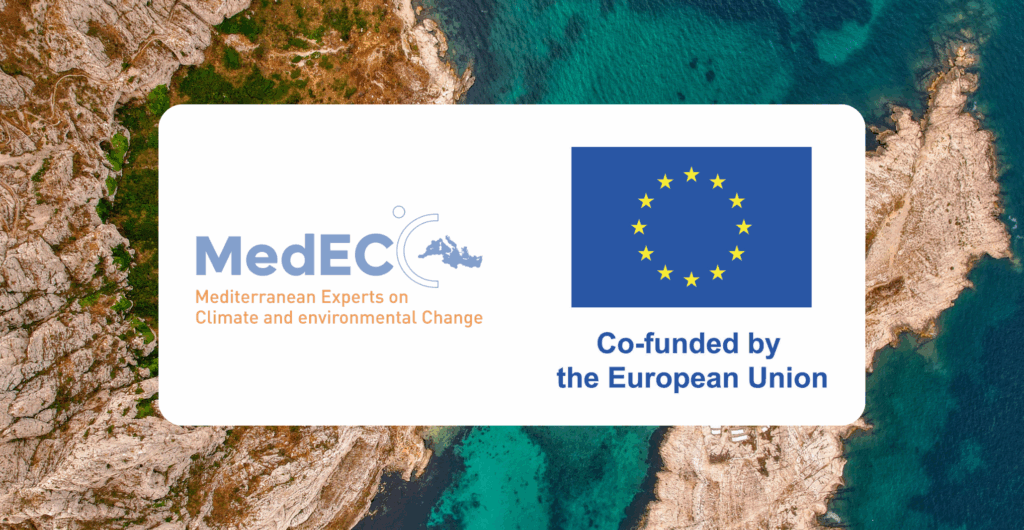MedECC is pleased to announce that it has received financial support from the European Union, through a contract coordinated by the Directorate-General for the Middle East, North Africa and the Gulf (DG NEAR) and implemented via Plan Bleu/RAC, which hosts the MedECC Secretariat. Signed on September 2025, the agreement provides multiyear funding to support the preparation of the Second Mediterranean Assessment Report (MAR2), scheduled for publication in 2028.
MAR2 will build on the findings of the First Mediterranean Assessment Report (MAR1) published in 2020. It will not simply update MAR1 but will also address gaps identified in that report, especially in social sciences, mitigation and adaptation policies, and governance. Following an approach similar to the IPCC reports, MAR2 will draw on the latest scientific knowledge on climate change, environmental trends, and their socio-economic impacts across the Mediterranean Basin. Its primary aim is to make this knowledge accessible, relevant, and actionable for policymakers, stakeholders, and citizens.
Part of a wider EU initiative
This EU-funded action production is part of the “Climate Action Package for the Southern Neighbourhood (CAP-Med)”, within the Multiannual Action Plan for the Regional South Neighbourhood. Within this framework, the MAR2 action will contribute to the overarching EU objective of enhancing climate adaptation and biodiversity preservation by strengthening regional understanding of climate and environmental changes and their impacts across the Mediterranean Basin.
Why this support matters
The financial support provided bu the EU is a strong recognition of MedECC’s mission and achievements, and a clear demonstration of the EU’s commitment to collaborative, cross‑border scientific networks in a complex and diverse region. Through this new partnership, MedECC further strenghtens its capacity to produce and share robust scientific knowledge to guide sustainable development and foster evidence‑based policymaking throughout the region.

